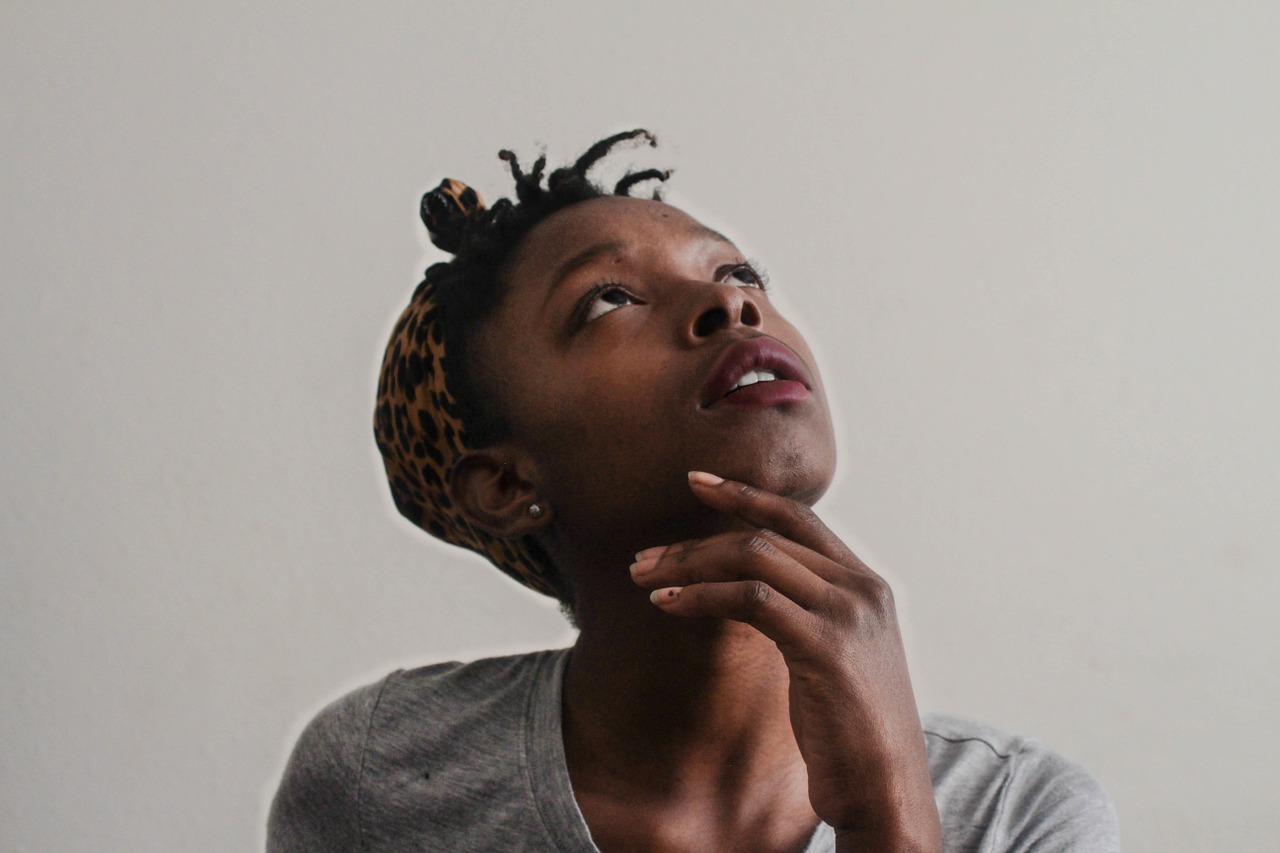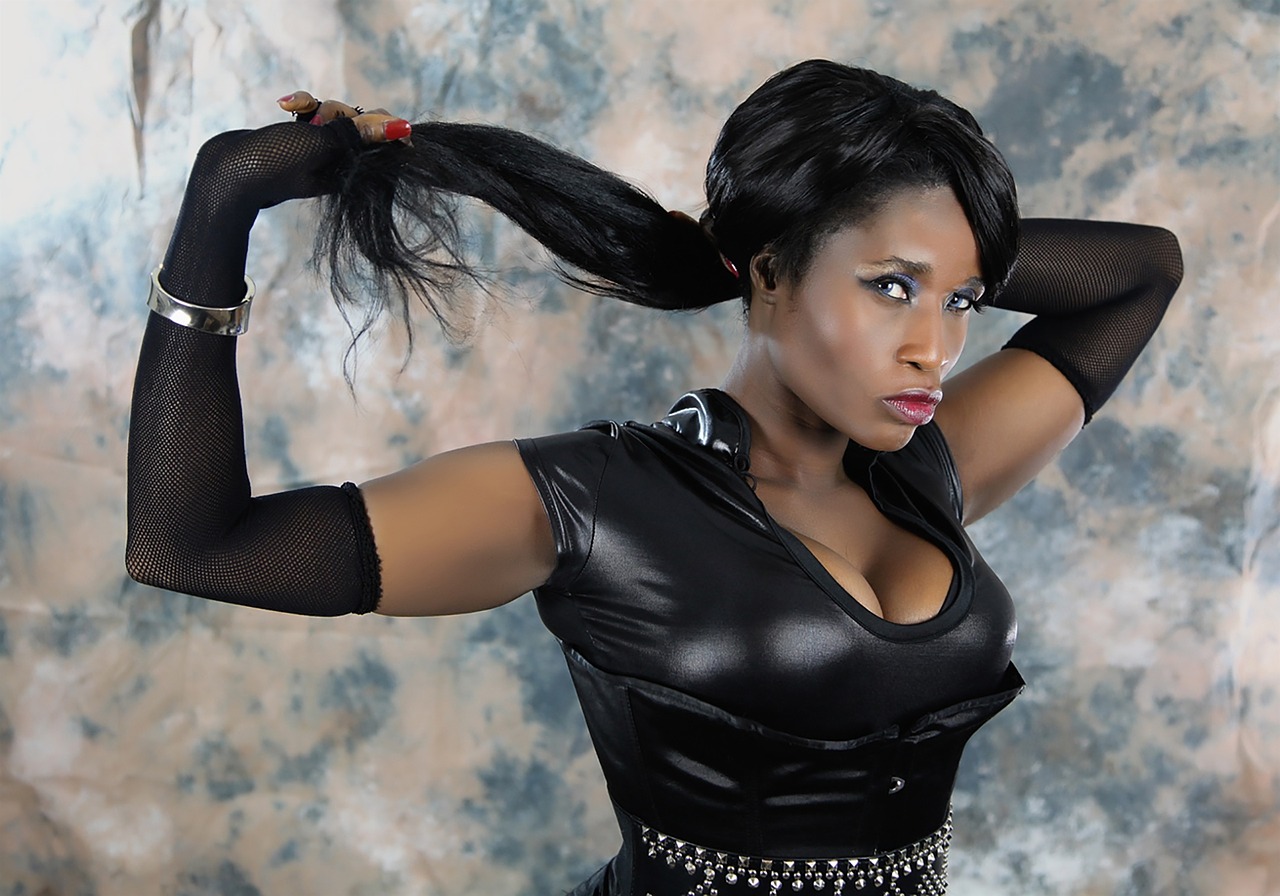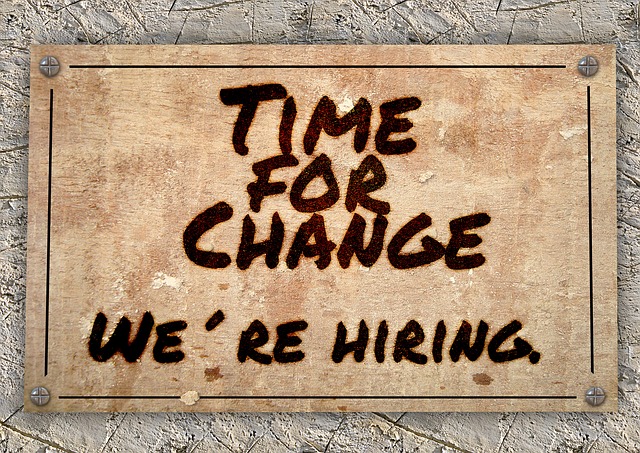Class-splaining is just a symptom.

Not only are there problems with empathy in terms of race and gender, but it seems anything outside of one’s experience is an excuse to put on a superior tone and lecture others. I understand that sometimes being an objective outsider can provide a fresh perspective. Yet that tends to be a different dynamic – participatory, supportive – from positioning oneself as omniscient and higher-caliber than the unwashed masses.
Through comments on the For Harriet Facebook page I discovered an interview with writer Sister Souljah in which she discusses, among other things, her views on Hillary Clinton. (Disclosure: I am a Bernie Sanders supporter.) The video below was embedded in an article titled Sister Souljah: Hillary Clinton Is Slave Master’s Wife, Talks Down To Black People, so responses to sharing it were likely to be charged.
What I wasn’t expecting was a reply so laced with contradictions that my first response was simply, “Wow.” I began to type a response – “I find your statement troubling on so many levels…” – when Facebook displayed an error to let me know the comment to which I was replying had been deleted. Probably a wise move, but it was too late. I had seen it. I saw it, copied it, and saved a screenshot, in fact.
Sorry, I don’t like this woman. There are far more articulate spokespeople on the history of race relations than she, and I personally find it rather hypocritical to accuse someone else of Eurocentrism when you’ve got a straight weave that probably cost hundreds of dollars on your head. That’s just me, though.
I am currently taking an online class in creative writing. We are frequently challenged to densely pack several concepts into a short 100 to 200 words. If someone had told me to write something racially charged and problematic in as many ways possible without using slurs, I don’t think I could have done any better.
Let me see if I can break down some of the reasons why this is so troubling.
1) That nasty word “articulate“. It’s a racially loaded word. It’s frequently used passive-aggressively in racist statements by expressing expectations of uneducated, base behaviour from people of colour. It normalises a particular way of speaking, one that is inescapably linked with whiteness. Judging someone on how “articulate” they are puts one in the position of arbiter of what is and is not a valid way of speaking and, hence, feeling. Watch Jamila Lyiscott’s TED Talk, 3 ways to speak English, for more.
Ps: she’s a best-selling author. As a word-smith by trade, it is quite a stretch to find a way to make the label of “inarticulate” stick.
2) Demanding that someone fill the role of spokesperson for a particular group – ethnicity or race, gender identity, orientation, nationality, socio-economic status, etc. – is an exercise in privilege. It is othering and dehumanising. It says, “You are different [from the norm]. You must demonstrate to me why your opinion is valid.” In no way does it acknowledge a person’s right to their opinion and their experience outside of what is found acceptable by prevailing norms. It makes zero allowances for individuality and can also serve to reinforce tokenism.
Sister Souljah was expressing her own opinion. She did not claim to be representing all African Americans, though there are undoubtedly sentiments that are broadly true for many. Insisting otherwise is relegating the voices of individual black people to a small and insignificant minority, heard only when an invitation to speak is offered.
3) Hair. Really? Do we really need to get into why commenting on a black woman’s hair is so shockingly inappropriate? Apparently we do.
The way that African Americans in general, and African American women in particular, have historically lacked agency over their own bodies means that seemingly small gestures like commenting on or (much worse) touching their hair is extremely inappropriate. (Please read this great post on Everyday Feminism about black women’s hair.) How a woman, any woman, decides to manage her own body is, frankly, none of anyone else’s business. But simultaneously saying that she should both be more “articulate” – meaning, conform to a white standard of speaking – and criticising her for having straight hair – another white standard – is infuriatingly convoluted.
Are you even aware of the many ways that black women are routinely penalised for wearing their hair naturally? That the US military has racist policies in place? That the American Civil Liberties Union had to go after the TSA in order to reduce invasive and unnecessary hair searches performed on women of colour? Rhonda Lee, an African American meteorologist, was told she needed to make her hair “…more pleasing to a wider audience…” and was later fired for pushing back. The National Institutes of Health even published a study about the penalties African American women are subject to for simply wearing a natural hair style.
Whether Sister Souljah wears straight hair for fun and fashion or because of pressure to conform to Eurocentric hair norms is none of your business. Using it as an excuse to undermine the validity of her opinions is both a fallacy and racist.
4) Why does it matter how much money she spent on her hair? Or makeup, clothes, smartphone, car, plane tickets? Does she not deserve to spend hundreds of dollars? Is her opinion only valid if she is poor and, in your mind, looks it? Time to revisit your awareness of privilege and why or why not someone’s opinion is valid.

What can we take from this? Well, first let me back up a bit. It might be useful to know that the commenter is a woman of colour. She is not African American and has led an economically privileged life. Does that change your perspective on her comment and my explanations?
A big conversation going on that needs to gain more attention is one of intersectionality: “Intersectionality is a concept often used in critical theories to describe the ways in which oppressive institutions (racism, sexism, homophobia, transphobia, ableism, xenophobia, classism, etc.) are interconnected and cannot be examined separately from one another.”
Privilege is the other side of oppression. One cannot exist without the other, yet how we define each for ourselves is not a binary proposition. For example, because I present as white, I reap the benefits of white privilege. However, since I am a woman, I experience the oppression of patriarchal systems and misogyny. They do not cancel each other out, nor do they make the suffering or advantages experienced by others meaningless. The ways in which struggles for equality and dignity parallel and overlap each other is inextricable. We would all do well to recognise how many more similarities, rather than differences, we share with our fellow human beings.
Perhaps I should end this post on a note of righteous outrage, a swelling crescendo of emotion that carries the audience out of the theatre and lingers in their thoughts over dinner. It would no doubt be useful in generating conversation. Yet outrage only goes so far. I think it’s far more useful, once a problem has been defined, to pursue options for correcting it.
So what would I advise? Educate yourself on intersectionality. On privilege, on oppression, on unconscious bias. Question things you take for granted and develop your self-awareness. If new age philosophy is your flavour of choice, call it “mindfulness”. Empathy is what will save us from ourselves.
We all have work to do, so get to it.


